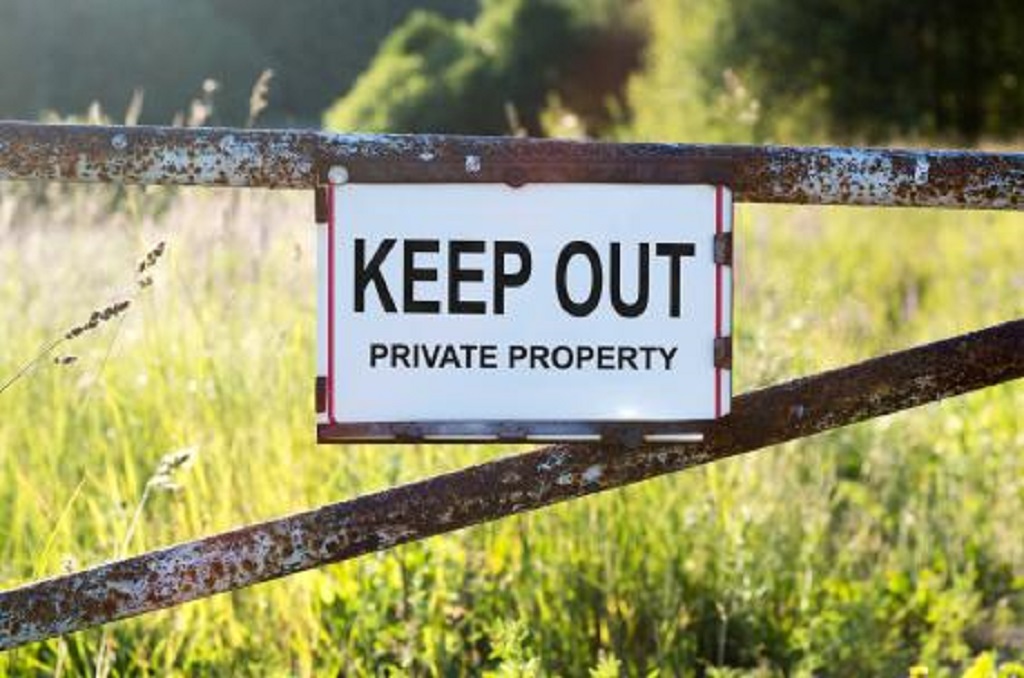
Easements, those seemingly uncharted legal territories that navigate through the land of property ownership. If you’re a property owner in the UK, you might have wondered about the power to block an easement. Can you just slam the door shut on someone else’s right of way? Well, it’s not as simple as locking a gate. In this article, we’ll delve into the fascinating realm of easements and property rights, giving you a clear understanding of whether a property owner can truly block an easement in the UK. This content is presented by Dightonrock.com.
Unraveling the Easement Enigma
Let’s start with the basics. What is an easement, and why does it matter? An easement is a legal right that allows one person, often the occupant of a property, to traverse another person’s land. This right of way might be for accessing their own property, reaching a public road, or even enjoying certain utilities like water or electricity. It’s like having a secret passage to Narnia, but without the magic wardrobe. Discover how to remove an easement from your property.
The Power of Legally Binding Documents
In the UK, an easement isn’t just a casual agreement between neighbors; it’s a legally binding arrangement. The key to understanding whether a property owner can block an easement lies within these legally binding documents. If an easement is explicitly detailed in documents such as a property deed or an official agreement, the property owner cannot simply wave a “no entry” sign.
This means that if your property’s previous owner agreed to grant an easement to the neighboring land, you, as the current owner, can’t just swoop in and put up a “road closed” sign. Legally binding documents hold the power to ensure the continuity of an easement, protecting the rights of those who rely on it.
The Right of Way: More Than a Courtesy
An easement is often referred to as a right of way, which essentially translates to a legally sanctioned path across another person’s property. Imagine a bridge connecting two pieces of land, where the landowner’s permission isn’t required every time you want to cross. That’s the beauty of an easement – it’s a pathway that transcends property lines, connecting one piece of the puzzle to another.
Navigating Disputes and Resolutions
Conflict can arise in any relationship, even when it comes to property and easements. So, what happens when a property owner decides to take matters into their own hands and tries to block an easement? Well, it’s not a dead-end street for the affected party. They have avenues to explore in order to maintain their right of way.
Resolving an easement dispute often involves seeking legal counsel from a specialist easement dispute solicitor. These legal experts understand the intricacies of property law and can help navigate through the maze of regulations. Additionally, having relevant documents at hand to prove the entitlement to the right of way is crucial. These documents might include historical records, property deeds, and any other evidence that showcases the established use of the easement.
The Complexity of Easements and the Need for Legal Guidance
It’s important to recognize that the legal landscape surrounding easements and rights of way can be quite intricate. Each case is unique, and the interpretation of documents and historical usage can significantly impact the outcome. This is where consulting with a legal professional becomes paramount. Whether you’re a property owner seeking to understand your rights or someone affected by a potential easement dispute, legal guidance can provide clarity and ensure that your rights are upheld.
FAQs
- Can a property owner completely block access to my property through an easement?
No, a property owner cannot completely block access to your property if the easement is legally established and binding.
- What if the easement is not mentioned in my property deed?
If the easement is not mentioned in your property deed, it’s advisable to consult a legal professional to determine your options and rights.
- Can I challenge the legitimacy of an easement?
Challenging the legitimacy of an easement requires careful legal analysis. Consulting an easement dispute solicitor can help you understand the feasibility of such a challenge.
- Can I modify an existing easement agreement?
Modifying an existing easement agreement typically requires the agreement of all parties involved. Legal guidance is recommended to ensure the changes are executed correctly.
- Is there a time limit for challenging an easement?
Time limits for challenging easements can vary based on factors such as jurisdiction and the specifics of the case. Seeking legal advice promptly is advisable.
In Conclusion
Easements add a layer of complexity to property ownership, weaving a web of legal rights and obligations. While a property owner in the UK cannot simply block an easement specified in legally binding documents, navigating through the intricacies of property law often requires professional guidance. Whether you’re a property owner or someone affected by an easement, understanding your rights and seeking legal support can help you traverse this intricate legal landscape with confidence.

